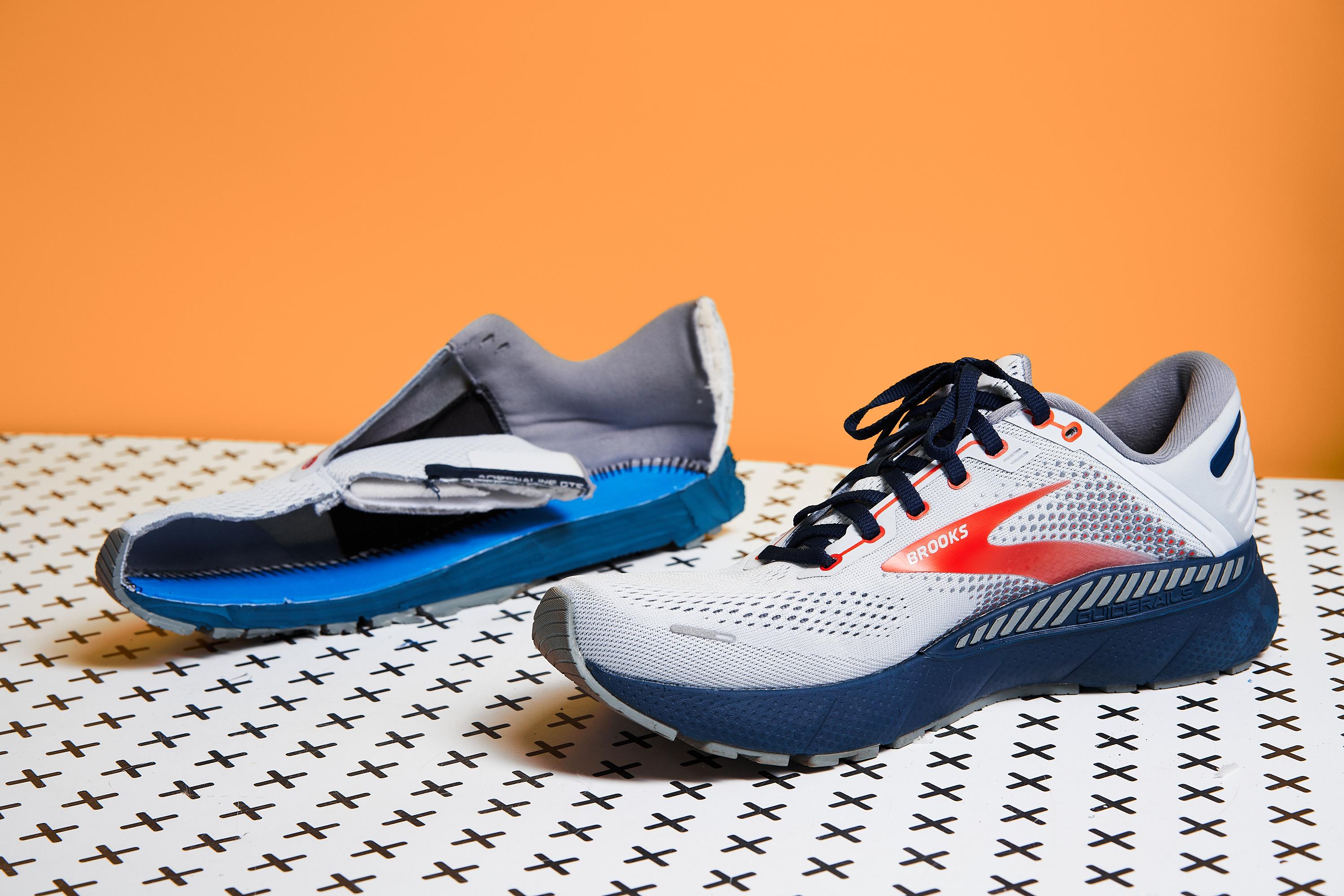Our verdict
Pros
- Promising durability
- Stability for all directions
- Improved aesthetics
- Phenomenal grip
- A firmer, faster midsole
- True to size
- Consistent in all conditions
- Reliable daily runner
Cons
- High price point for stability aimed at beginners
- Midsole is too hard for some
Audience verdict
- Top 26% in road running shoes
- Top 17% in Brooks running shoes
- Top 14% most popular running shoes
Comparison
The most similar running shoes compared
+ + Add a shoe | |||||
|---|---|---|---|---|---|
| Audience score | 89 Great! | 85 Good! | 80 Good! | 85 Good! | |
| Price | $140 | $140 | $125 | $140 | |
| Pace | Daily running | Daily running | Daily running | Daily running | |
| Shock absorption | - | Moderate | High | - | |
| Energy return | - | Low | Moderate | - | |
| Traction | - | High | High | - | |
| Arch support | Stability | Stability | Stability | Stability | |
| Weight lab Weight brand | 10.4 oz / 294g 10.2 oz / 289g | 10.3 oz / 291g 10 oz / 283g | 8.1 oz / 231g 8 oz / 228g | 12.5 oz / 353g 12.2 oz / 346g | |
| Lightweight | ✗ | ✗ | ✓ | ✗ | |
| Drop lab Drop brand | 14.7 mm 12.0 mm | 13.5 mm 12.0 mm | 9.4 mm 5.0 mm | 12.1 mm 12.0 mm | |
| Strike pattern | Heel | Heel | HeelMid/forefoot | Heel | |
| Size | True to size | Slightly small | Slightly small | Slightly small | |
| Midsole softness | - | Balanced | Soft | Firm | |
| Difference in midsole softness in cold | - | Small | Big | Small | |
| Toebox durability | - | Decent | Bad | Decent | |
| Heel padding durability | - | Good | Decent | Good | |
| Outsole durability | - | Good | Bad | Good | |
| Breathability | - | Moderate | Breathable | Moderate | |
| Width / fit | Medium | Medium | Narrow | Medium | |
| Toebox width | - | Medium | Narrow | Medium | |
| Stiffness | Stiff | Moderate | Moderate | Stiff | |
| Torsional rigidity | - | Stiff | Stiff | Stiff | |
| Heel counter stiffness | - | Stiff | Stiff | Moderate | |
| Rocker | ✗ | ✗ | ✓ | ✗ | |
| Heel lab Heel brand | 37.4 mm 36.0 mm | 39.0 mm 39.0 mm | 36.0 mm 33.0 mm | 36.5 mm 36.0 mm | |
| Forefoot lab Forefoot brand | 22.7 mm 24.0 mm | 25.5 mm 27.0 mm | 26.6 mm 28.0 mm | 24.4 mm 24.0 mm | |
| Widths available | NarrowNormalWide | NarrowNormalWideX-Wide | NormalWide | NarrowNormalWideX-Wide | |
| Orthotic friendly | ✗ | ✓ | ✓ | ✓ | |
| Season | - | All seasons | SummerAll seasons | All seasons | |
| Removable insole | ✗ | ✓ | ✓ | ✓ | |
| Ranking | #158 Top 24% | #211 Bottom 44% | #318 Bottom 16% | #225 Bottom 41% | |
| Popularity | #90 Top 14% | #6 Top 2% | #56 Top 15% | #173 Top 46% |
Who should buy
The Brooks Adrenaline GTS 22 is a stability shoe that’s perfect for daily runs. It’s a perfect choice for medium-paced runs up to half-marathon length. The shoe is quite accessible with 4 different widths to accommodate most foot shapes.
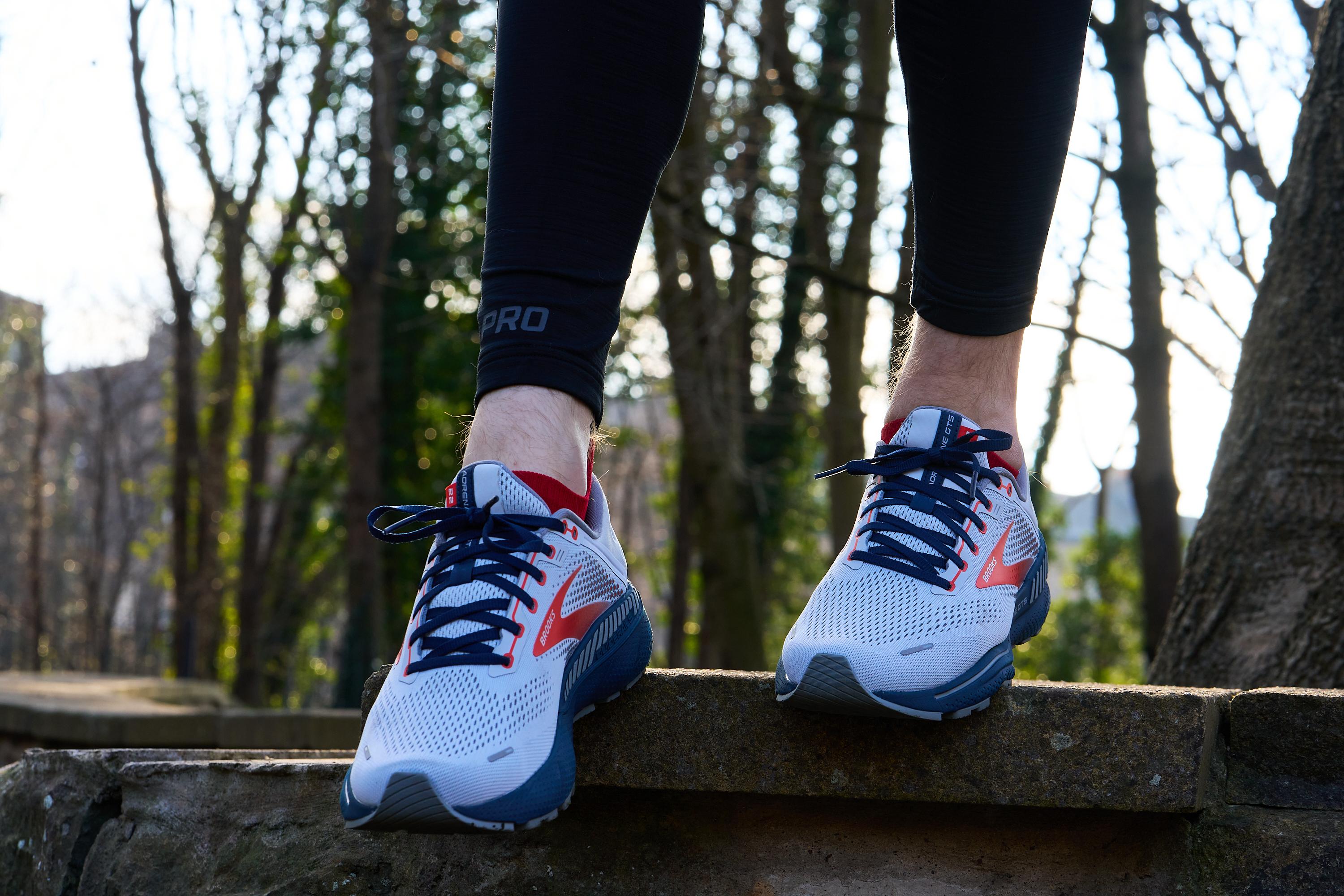
Who should NOT buy
The Adrenaline GTS 22 might not be your best bet if:
- You don’t over-pronate, while GTS tech is apparently fine for neutral runners, we found that you can shed lots of weight by choosing something like the Ghost 14
- You want something softer, for longer runs (at the cost of speed), we prefer the Glycerin GTS 20
Cushioning
Heel stack
The Adrenaline GTS 22 carries over an aggressive 14.7 mm drop and a 37.4 mm heel stack height. Paired with the supportive GuideRails and heftier weight, it definitely feels like a slow, easy-day trainer.
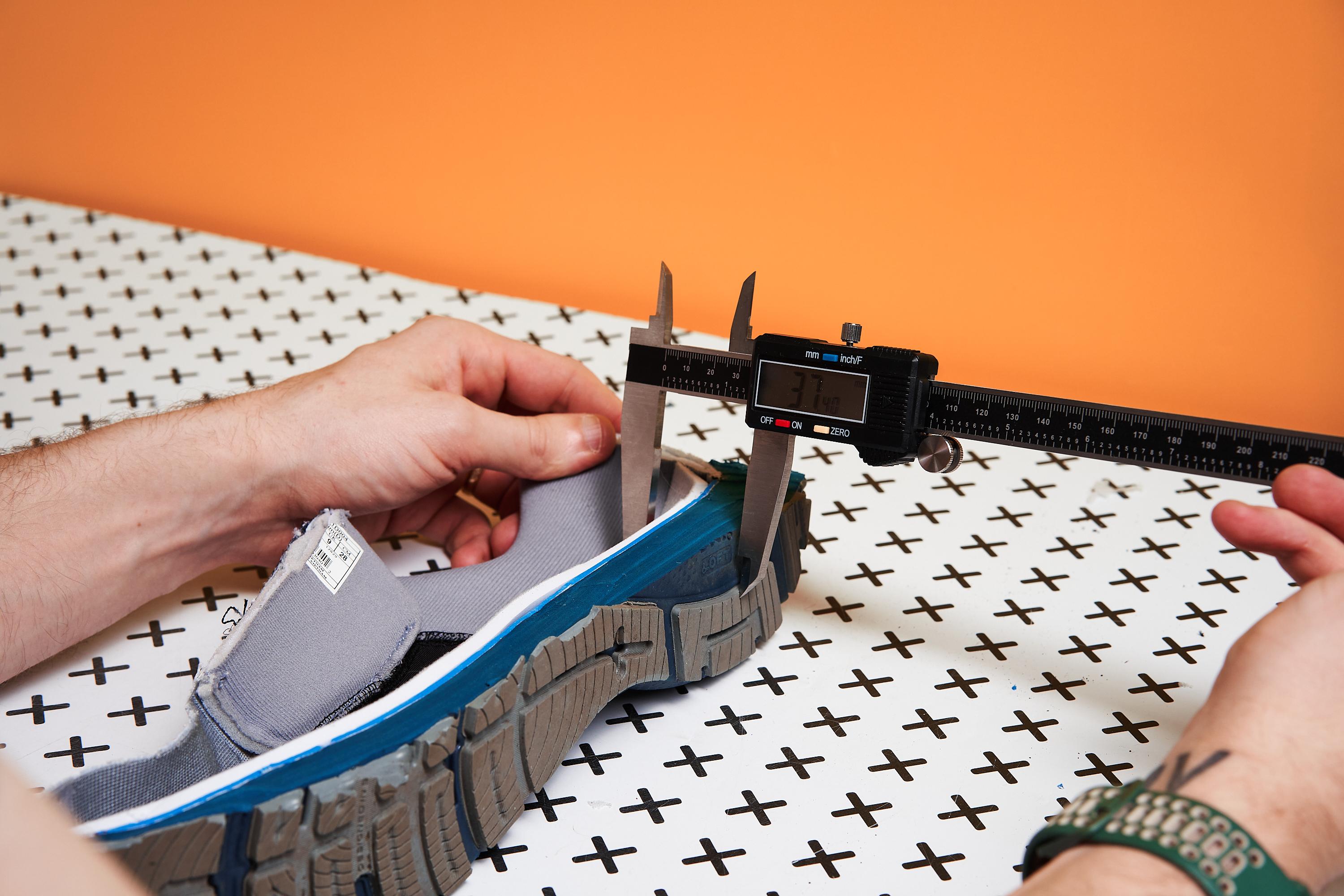
| Adrenaline GTS 22 | 37.4 mm |
| Average | 34.8 mm |
Midsole softness
It feels like Brooks has tried to make the 22 a bit speedier than it was. The Adrenaline 22 brings a bit of energy return into the shoe.
Size and fit
With four different width options in the Adrenaline GTS 22 from Narrow (B) to Extra Wide (4E) there’s little reason to not find a perfect fit.
The length is true to size and I found the D width to be perfect, not too narrow, not too roomy either.
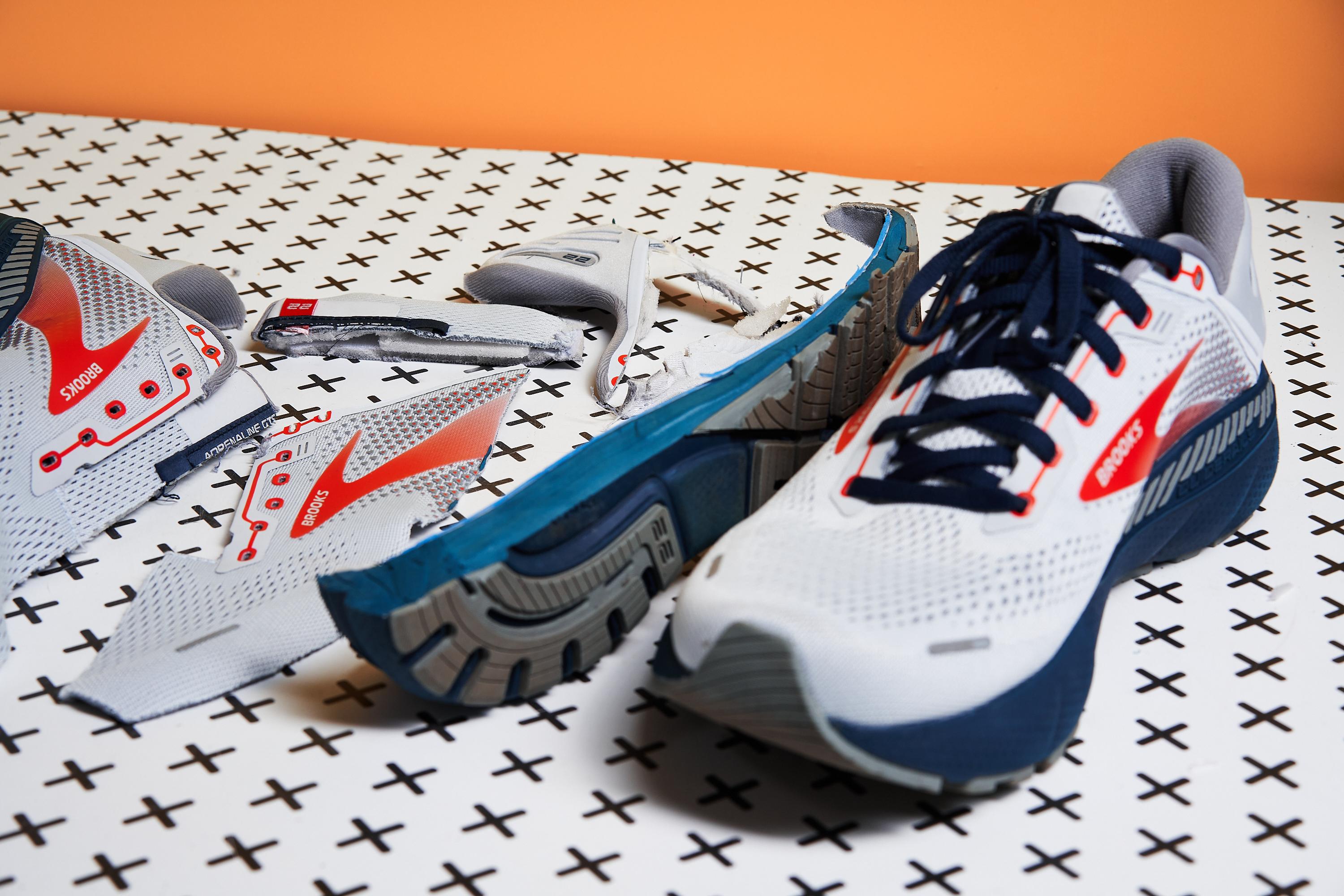
With a super-traditional lacing system, Brooks has taken no risks with the fit, which I appreciate.
Size
Brooks Adrenaline GTS 22 fits true to size (47 votes).
Flexibility / Stiffness
With all of that hard midsole and the GuideRails, it didn’t come as a surprise that the Brooks Adrenaline GTS 22 scored highly in our lab testing, needing 40.8N of force to bend the shoe to 45.
The result on the road is a bit dull, but as a daily shoe, it’s not a problem for me.
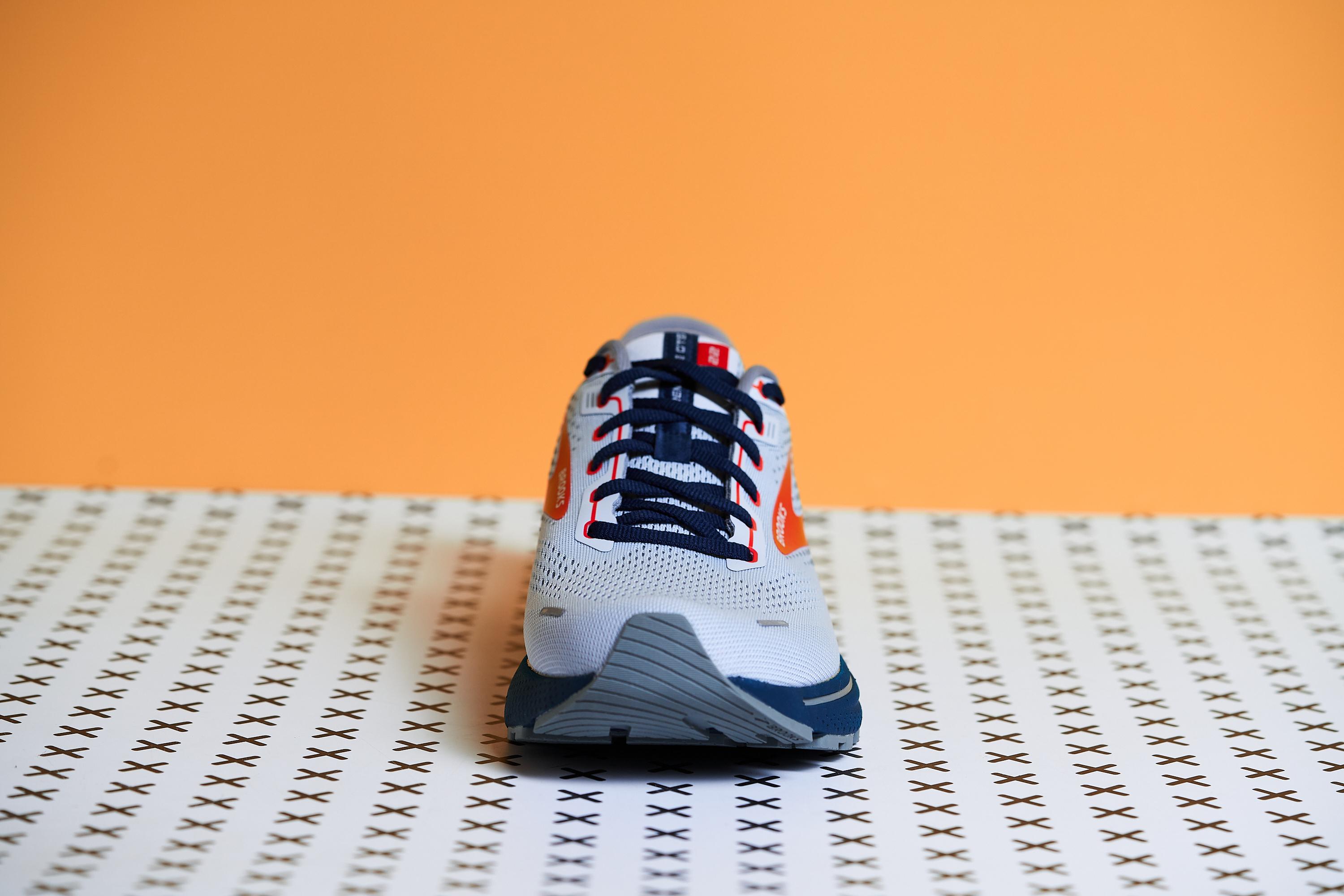
What shone out for me was the consistency of the flex in the midsole, after 20 minutes in the lab freezer it only took 43.5N to get the same degree of flex (average here is 27.7N) which is only a 5.6% difference.
In the lab, we regularly see flexibility changes of 30% (even up to 68.3% from the Brooks Revel 5), so this degree of reliability is very welcome.
This test follows an older methodology, which is why you don't see recently tested shoes in the chart. Results from different methodologies can not be compared.
| Adrenaline GTS 22 | 40.8N |
| Average | 28.1N |
Weight
The Brooks Adrenaline GTS 22 is billed at weighing 10.2oz (289g), a touch lighter than its predecessor (10.4oz). It is a tiny bit lighter than stability running shoes on average 10.5 oz (298g).
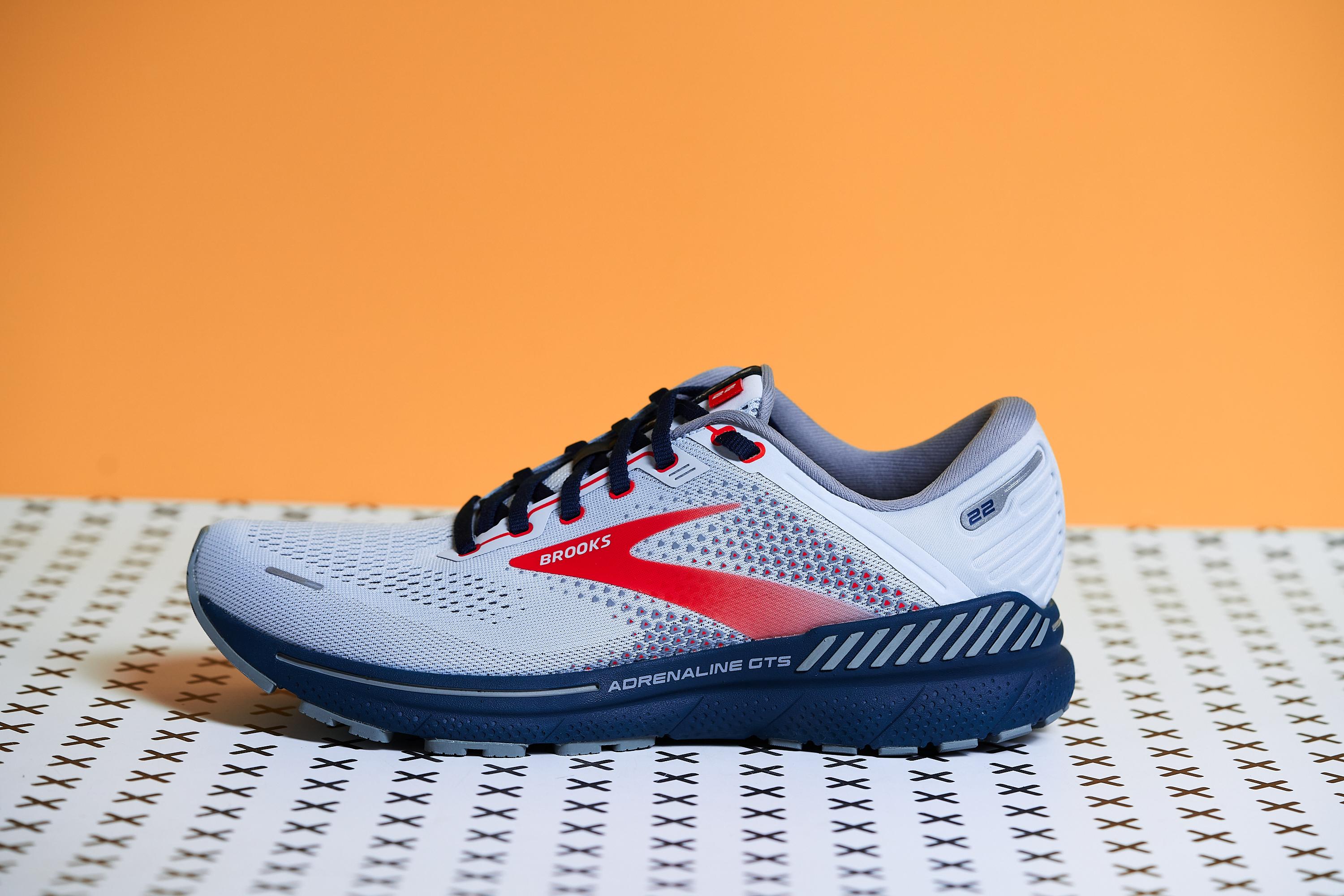
| Adrenaline GTS 22 | 10.4 oz (294g) |
| Average | 9.3 oz (264g) |
Breathability
With a mesh knit upper, there’s plenty of breathability even with plush padding. The material feels stiff and won’t stretch much, but the fit is fine so no worries there. It also feels nice and durable.
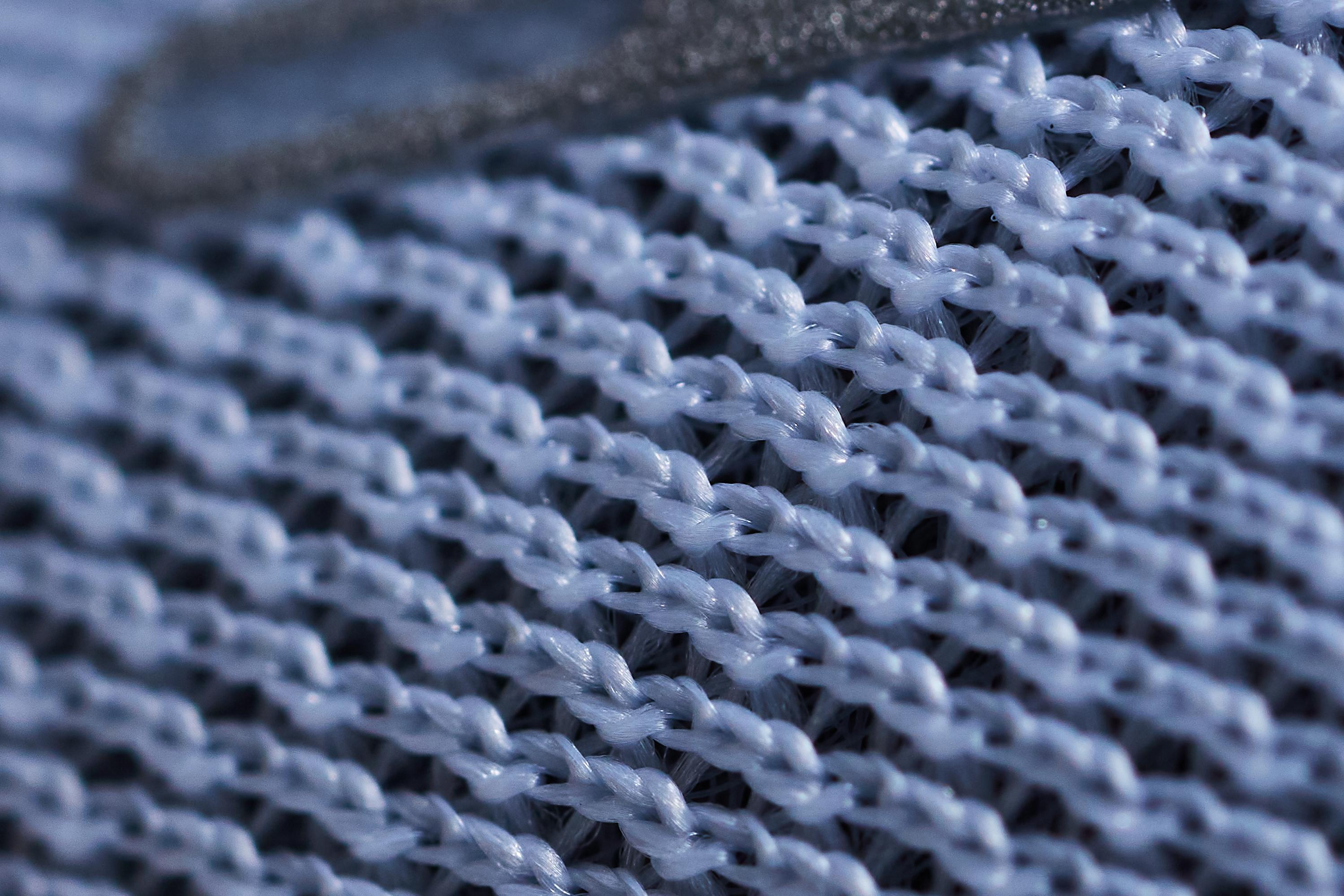
Stability
Lateral stability test
The Adrenaline is Brooks’ staple GTS (Go-to-stability) shoe, providing overpronators with an alternative to medial posting for a few years.
With the price point of the Brooks Adrenaline GTS 22 I’d tend to think it’s marketed at the enthusiastic daily runner. Someone who's cruising 30 miles a week. With a stability system that goes above and beyond, it completely makes sense. However, there's a caveat.
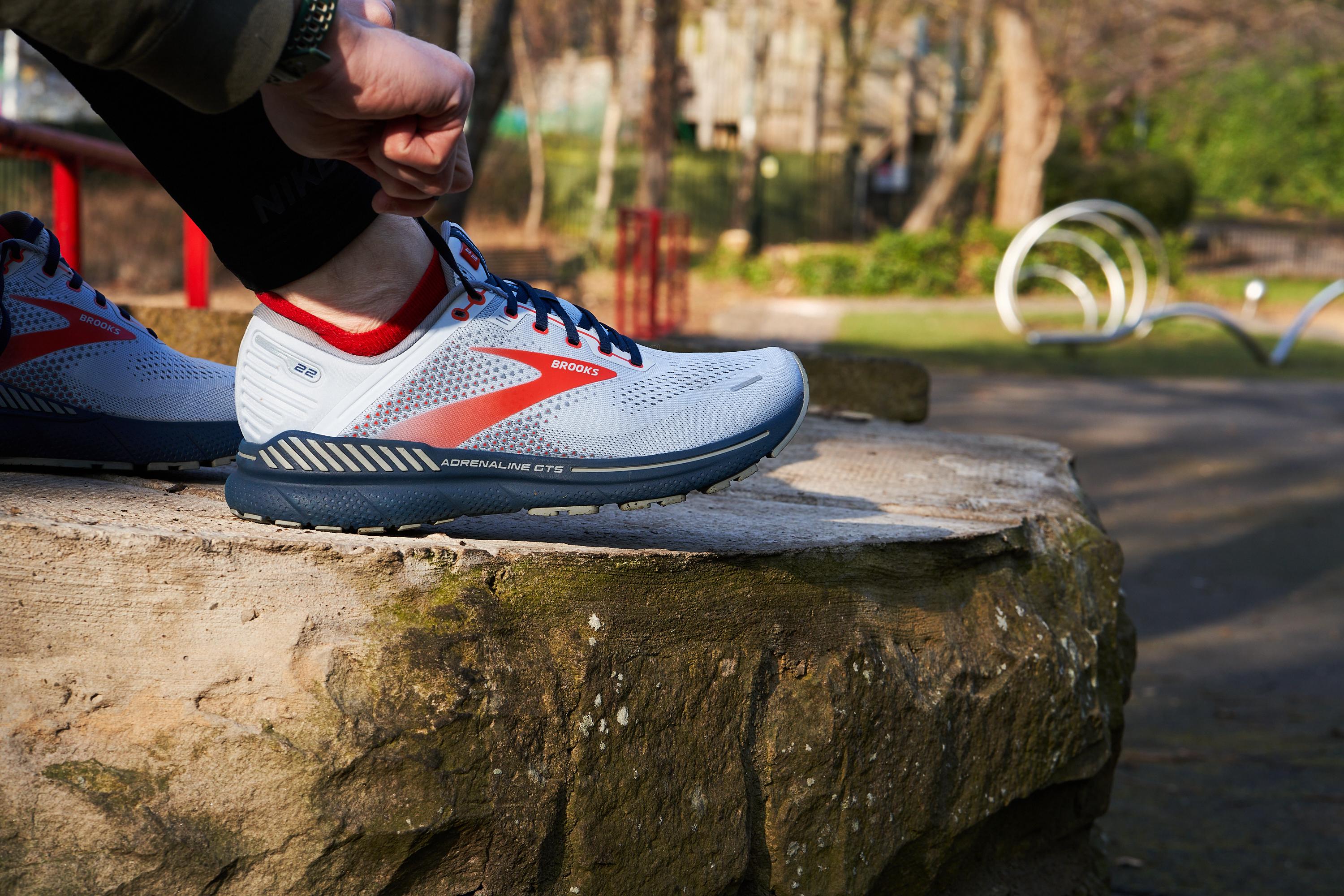
The way the guide rail works is that it initially provides extra support for when your ankle over-pronates (rolls inwards), and pushes your stride to a neutral position.
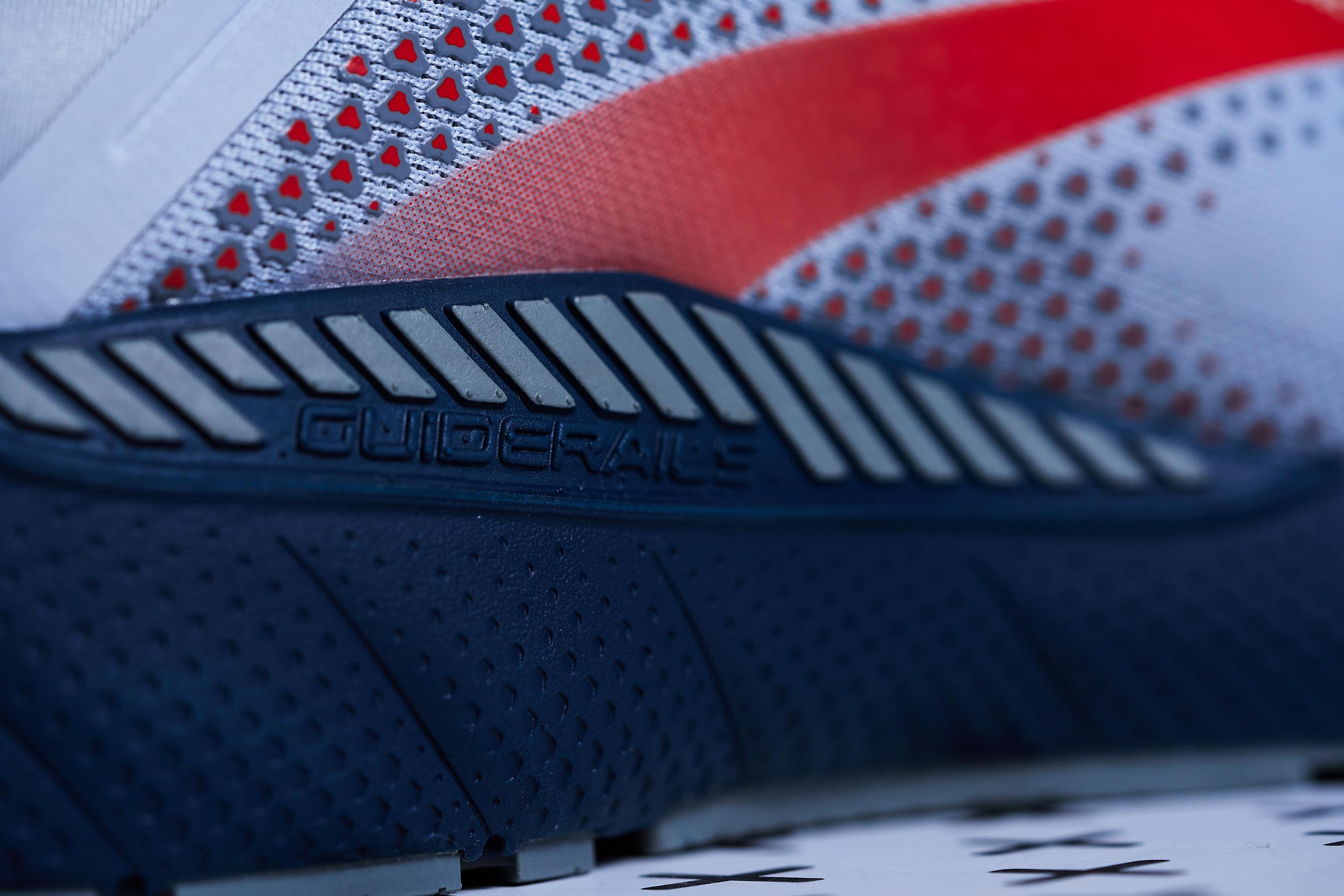
There’s then exterior support to stop your foot from rolling too far outwards (which can lead to problems like IT band syndrome). This makes Brooks a great option for almost any runner because you can run in them even if you are a neutral runner. As an over-pronator, I definitely felt the guide rail push me back straight, which is always a good sign, and I also felt the exterior rail push me back inwards. So it definitely works
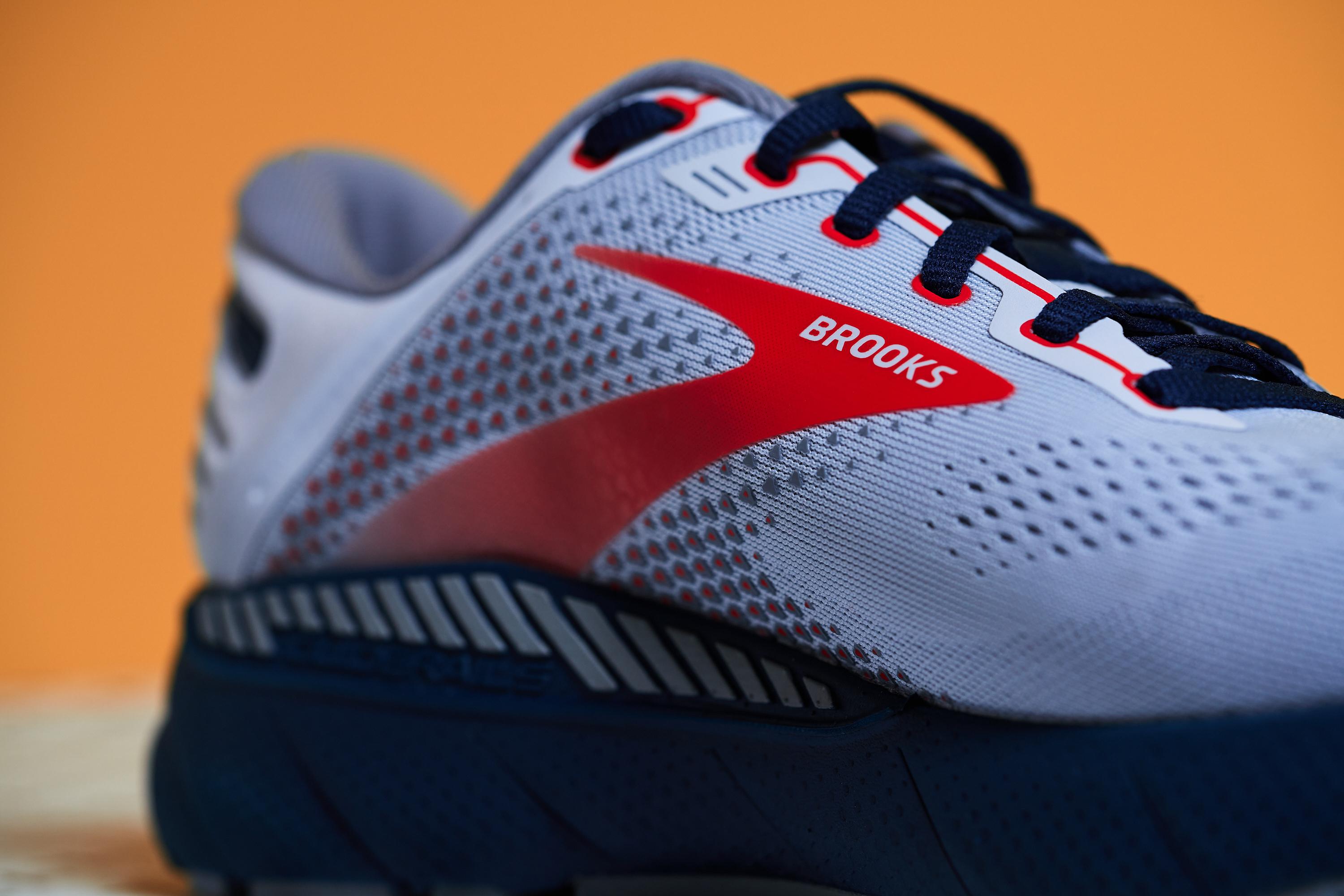
But, and this is a big but, that’s a bit pointless if you’re then going to lug around a 300g+ shoe as a neutral runner. Moreover, if you’re doing 30 miles per week, you probably know more about your pronation than most and can choose shoes accordingly.
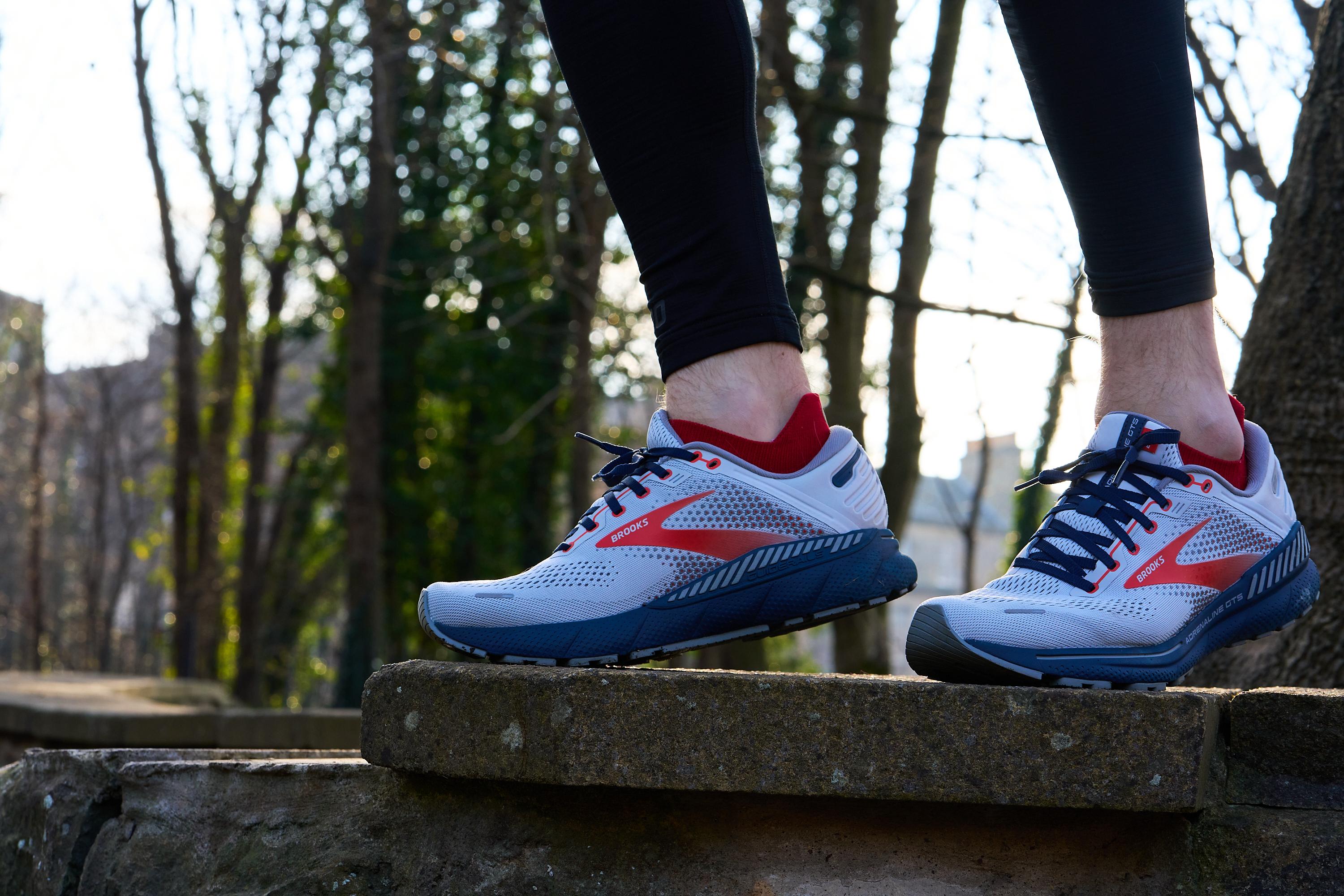
So in practice, I think the support of the Brooks Adrenaline GTS line is best suited to new runners who don’t know about their pronation and just want to run injury-free. I just wish the price point would match that.
Heel counter stiffness
There’s a good heel cup and the ankle collar fits well. The heel counter has had a bit of an update and is more padded than before, and even stiffer.
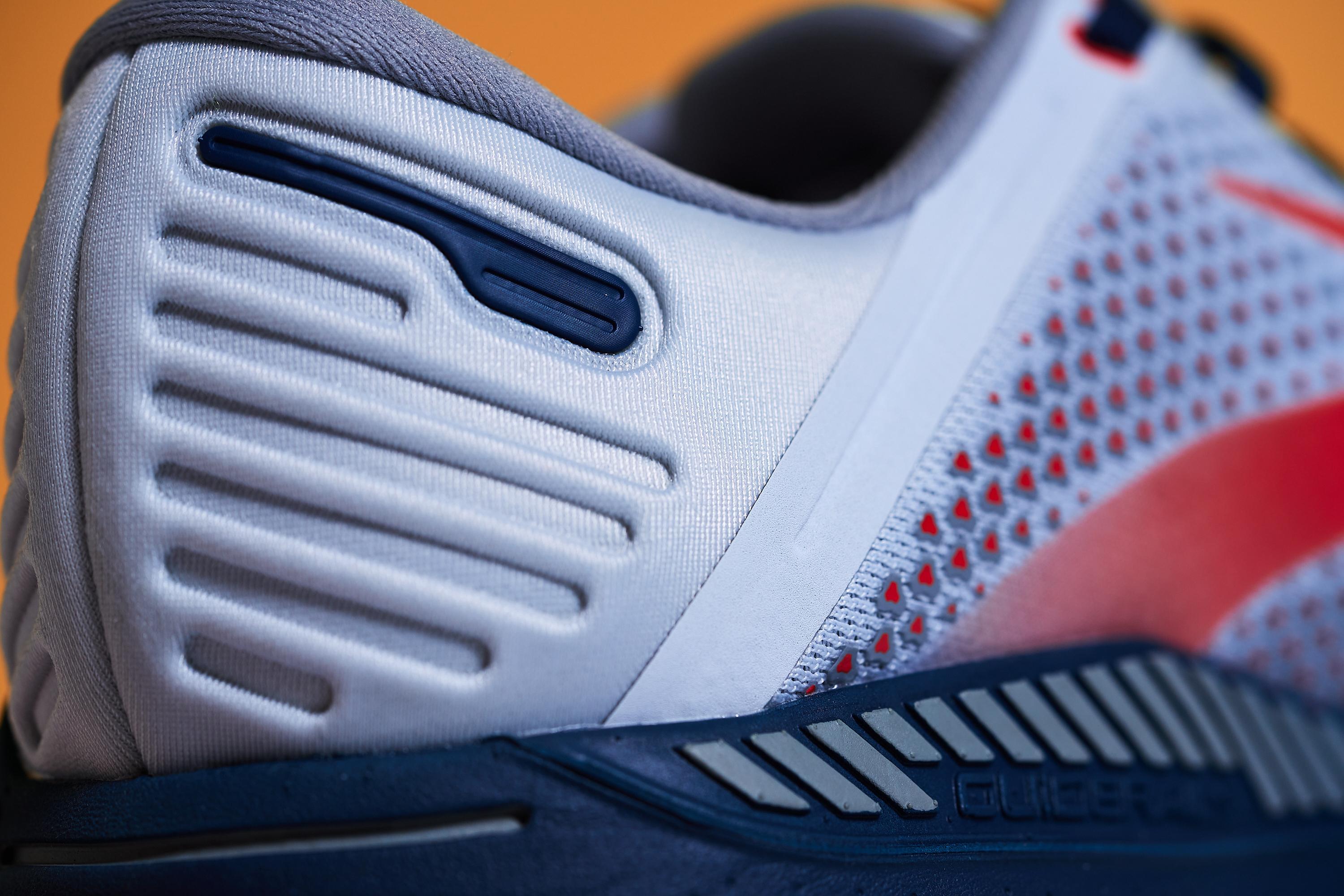
Durability
Outsole hardness
Clearly not fearing the wrath of a set of scales, Brooks has added 3.4 mm of outsole grip to the shoe, at 87 HC durometer it's super strong too. This makes for a fair amount of durability and I wouldn’t be surprised if these make it well past the 500-mile mark.
| Adrenaline GTS 22 | 87.0 HC |
| Average | 79.2 HC |
Misc
Overall impressions
Maybe Adrenaline is the wrong word. It’s obvious that Brooks isn’t making super-stylish running shoes that weigh next to nothing and promise to take chunks off of your 10K time.
They do however make a shoe that makes you run as frequently as you want, on whatever experience level. Sure, it’s super heavy, and even the updates to the upper won’t make you want to wear these out to dinner, but it does what it says on the tin.
Brooks Adrenaline GTS 22 review and lab test
The Adrenaline is Brooks’ staple GTS (Go-to-stability) shoe, providing over-pronators with an alternative to medial posting for a few years. Now with an improved upper and stiffer midsole, the stability shoe is a great all-rounder for some. Purists may disagree with the premise of the shoe entirely, though.
Few design updates on the Adrenaline GTS 21

Building on the almost legendary status, the Adrenaline GTS series has definitely seen a bit of stagnation throughout the past years in terms of design.
The Brooks Adrenaline GTS 22 is billed at weighing 10.2oz (289g), a touch lighter than its predecessor (10.4oz). It is a tiny bit lighter than stability running shoes on average 10.5 oz (298g).
The most notable design change is the upper, which finally has some color, meaning you can now run in these without it looking like you have two cinder-blocks on your feet (although it might feel like it!)

With a mesh knit upper, there’s plenty of breathability even with plush padding. The material feels stiff and won’t stretch much, but the fit is fine so no worries there. It also feels nice and durable.
Secure Fit in the Adrenaline GTS 22

With 4 width options in the Adrenaline GTS 22 from narrow (B) to Wide (2E) there’s little reason to not find a perfect fit. The length is true to size and I found the B width to be perfect, not too narrow, not too roomy either. With a super-traditional lacing system, Brooks has taken no risks with the fit, which I appreciate.

There’s a good heel cup and the ankle collar fits well. The heel counter has had a bit of an update and is more padded than before, and even stiffer.
There’s an upgrade in the midsole, for some
It feels like Brooks has tried to make the 22 a bit speedier than it way. With a slightly above average midsole durometer of 43.5HA the Adrenaline 22 brings a bit of energy return into the shoe.
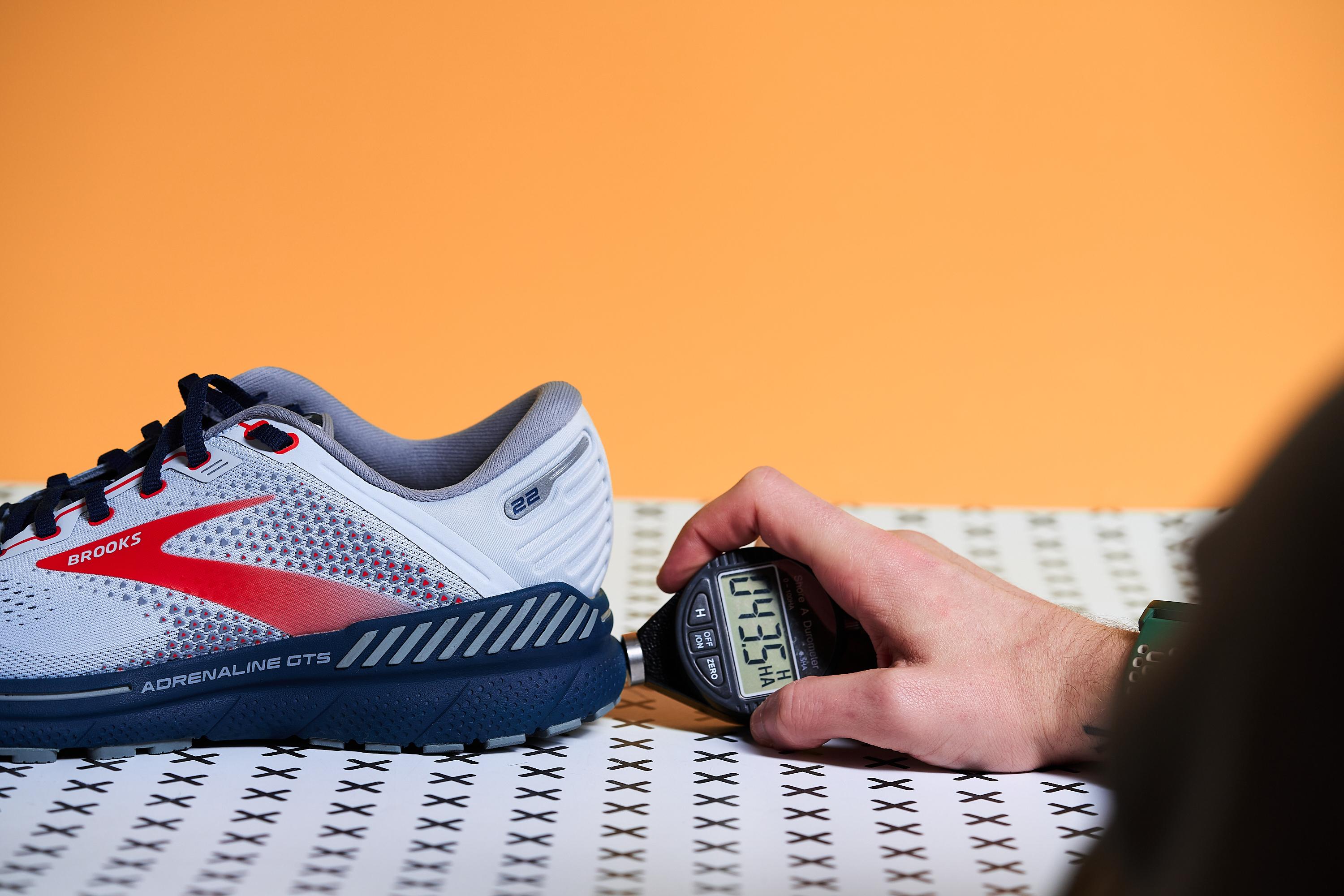
Only a bit though, because there’s still an aggressive 14.7mm drop and a 37.4mm heel stack height. If anything, this firmer midsole plus the guide rail system makes the shoe feel too hard. It feels more like a 10-12mile max shoe than something that keeps you comfy for longer, marathon levels.

Brilliant stability for newer runners
With the price point of the Brooks Adrenaline GTS 22 I’d tend to think it’s marketed at the enthusiastic daily runner. Someone who's cruising 30 miles a week. With a stability system that goes above and beyond, many agree with this deduction. Others however point out a bit of a flaw in Brooks’ mindset.

The way the guide rail works are that it initially provides extra support for when your ankle over-pronates (rolls inwards), and pushes your stride to a neutral position.

There’s then exterior support to stop your foot from rolling too far outwards (which can lead to problems like IT band syndrome). This makes Brooks a great option for almost any runner because you can run in them even if you are a neutral runner. As an over-pronator, I definitely felt the guide rail push me back straight, which is always a good sign, and I also felt the exterior rail push me back inwards. So it definitely works

But, and this is a big but, that’s a bit pointless if you’re then going to lug around a 300g+ shoe as a neutral runner. Moreover, if you’re doing 30 miles per week, you probably know more about your pronation than most and can choose shoes accordingly.

So in practice, I think the support of the Brooks Adrenaline GTS line is best suited to new runners who don’t know about their pronation and just want to run injury-free. I just wish the price point would match that.
Stiff, but at least very consistent
With all of that hard midsole and the guide rails, it didn’t come as a surprise that the Brooks Adrenaline GTS 22 scored highly in our lab testing, needing 40.8N of force to bend the shoe to 45° (the average score is 29N and that includes shoes with carbon plates). The result on the road is a bit dull, but as a daily shoe, it’s not a problem for me.

What shone out for me is the consistency of the flex in the midsole, after 20 minutes in the lab freezer it only took 43.5N to get the same degree of flex (average here is 27.7N) which is only a 5.6% difference. In the lab, we regularly see flexibility changes of 30% (even up to 68.3% from the Brooks Revel 5), so this degree of reliability is very welcome.
The Brooks Adrenaline GTS 22 has a lot of grip
Clearly not fearing the wrath of a set of scales, Brooks has added 3.4mm of outsole grip to the shoe, at 87HC durometer it's super strong too. This makes for a fair amount of durability and I wouldn’t be surprised if these make it well past the 500-mile mark.
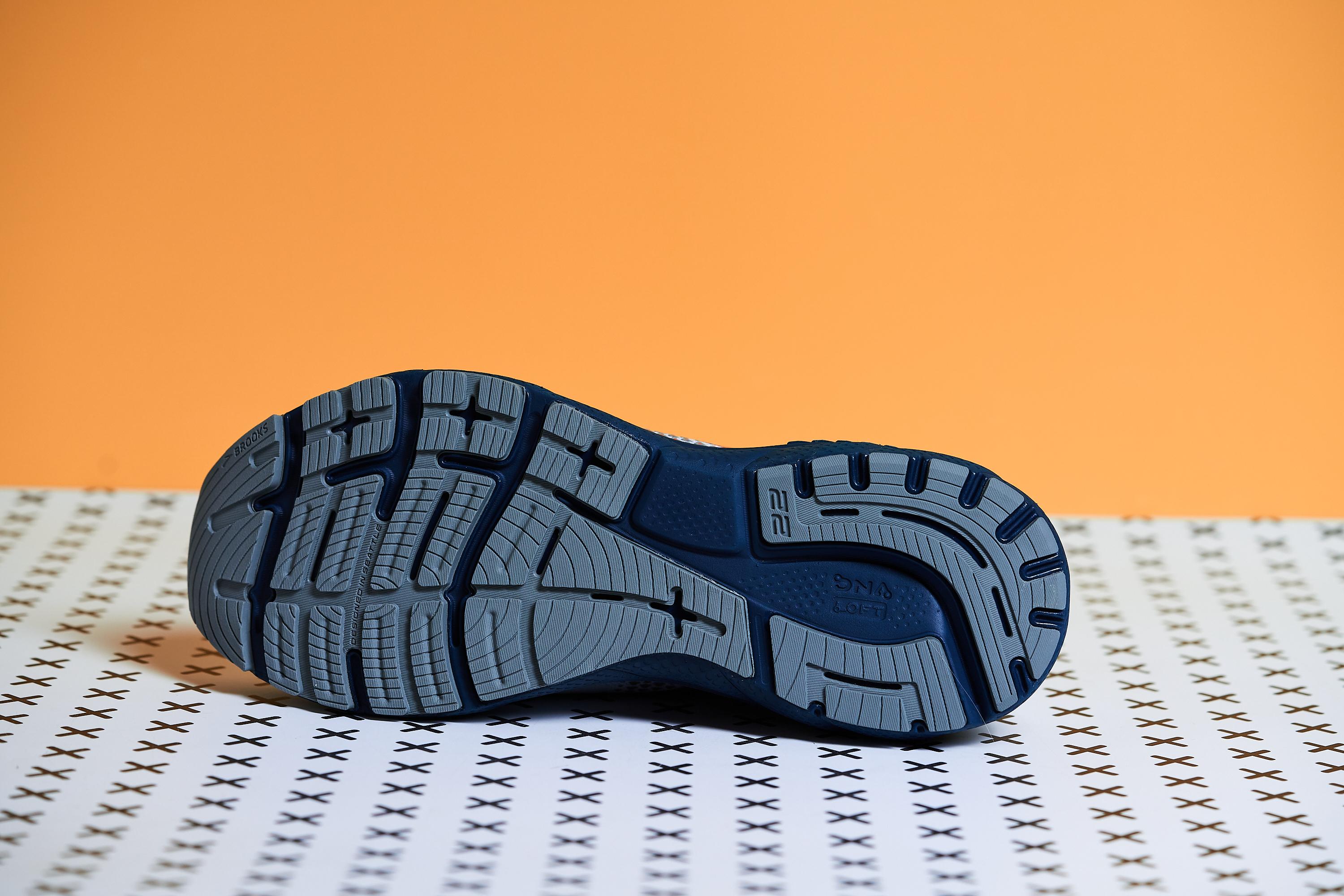
The grip itself is effective, I felt no slippage on both wet and dry concrete, making sharper turns and downhills confident, and lots of ability to keep pace on the ups.
Conclusion
Maybe Adrenaline is the wrong word. It’s obvious that Brooks isn’t making super-stylish running shoes that weigh next to nothing and promise taking chunks off of your 10km time. They do however make a shoe that makes you run as frequently as you want, on whatever experience level. Sure, it’s super heavy, and even the updates to the upper won’t make you want to wear these out to dinner, but it does what it says on the tin.

